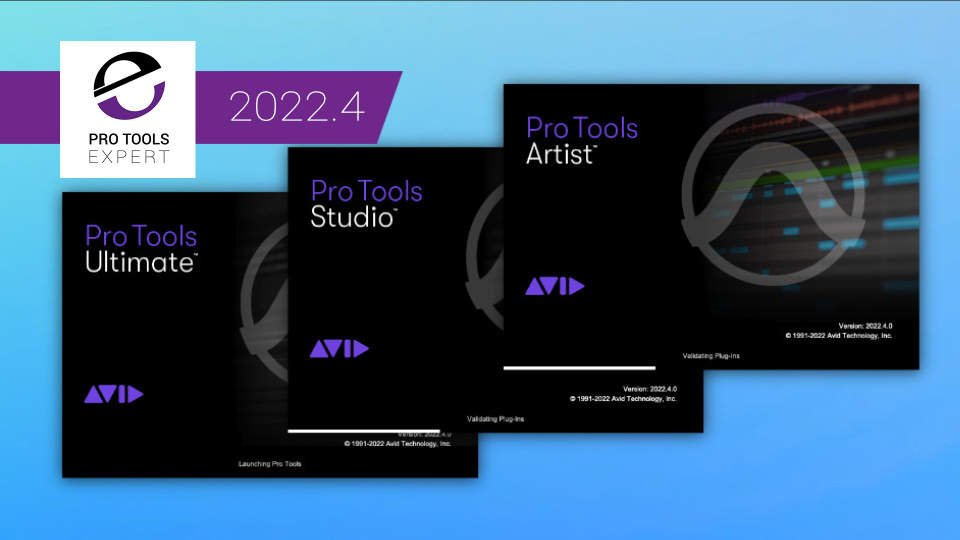
Pro Tools Flex
Pro Tools Flex is more than just software, it’s a bundle of products and add-ons targeted at post-production and larger studios, facilities and facilities. The software element of Flex is Pro Tools Ultimate. Users of HDX and HD systems will need this layer, Carbon will run with Pro Tools Studio or Pro Tools Ultimate, this is an area where the product will accumulate functionality over time. Details are yet to be announced at the time of writing, but it is expected to be of particular interest to large studios and agencies, as well as Post users.
As mentioned previously, the native IO limit has been increased from 64 to 256, which means that the DigiLink hardware no longer needs to be used to access more than 64 IOs. This will be especially popular with those working on Dolby Atmos.
All current holders of a perpetual Pro Tools Ultimate license will automatically have access to the new features of the Pro Tools Ultimate software, but not the additional content bundled with Flex.
Pro Tools Flex is priced at $999 for a one-year subscription, $799 for a renewed one-year subscription, and $99.99 for a monthly subscription, which is slightly higher than Ultimate’s $89.99.
Apple chip compatibility
One feature that many have been looking forward to but is conspicuously lacking is native Apple Silicon compatibility. With the recent announcement of full Apple Silicon support for iLok, numerous plug-in developers have announced compatibility, and with other major DAWs announcing compatibility, Pro Tools apparently does not yet have native Apple Silicon support. Whether this matters depends largely on who you are, but we think Rosetta works well enough that it’s not as important as it might seem. If you look at the test results we got while using an M1 Max-equipped Mac for music and post-production training, you’ll see there’s no shortage of power. The power advantage of the current generation of M1 Macs, and the power gains brought by the hybrid engine in Pro Tools that they influence, means that the need for native M1 support is not as urgent as it would have been without these developments. I’m sure there will be people who disagree, but Rosetta’s incredible effectiveness necessitates a shift in priorities when allocating the development team’s time.
On a technical level, one of the most unexpected benefits of this release for me is that there is no longer a product called “Pro Tools”, which means that non-Ultimate versions of Pro Tools can now be called ” Pro Tools Studio” rather than “Standard” or “Non-Ultimate” or “Normal”. This will make many people’s lives simpler!

